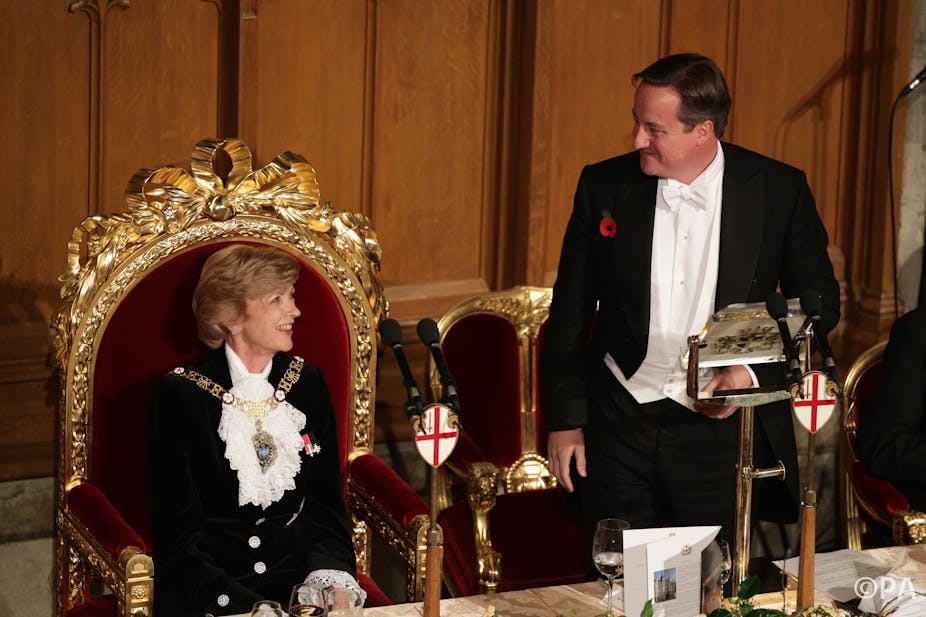Fiona Woolf’s first appearance before the Home Affairs Committee as Chair of the independent inquiry into historical child sexual abuse provided some useful, albeit minimal, information on what work she and her panel will be undertaking.
Ms Woolf replaced Baroness Elizabeth Butler-Sloss, who was originally appointed to lead the inquiry by the home secretary, Theresa May, to investigate the handling of abuse allegations by “a variety of public bodies and other important institutions”.
There have been serious misgivings about this inquiry – particularly around its remit – from the outset, and Ms Woolf’s appointment and eventual select committee appearance have done little to address them. Indeed, the problems have only multiplied.
Softly softly
Those overseeing the inquiry seem to be in no rush to commence proceedings. The home secretary set it up on July 7 2014; Butler-Sloss was appointed on July 8, and resigned on July 14 after her establishment links and record on other child abuse investigations was pillorited in the media. Her replacement by Woolf was revealed on September 5.
Woolf did not appear before the committee until October 21, more than six weeks after she was selected and 15 weeks after May initiated the inquiry – and still the panel has not begun its substantive work.
There have also been questions as to Woolf’s suitability, owing to her links to Leon Brittan (whose handling of abuse complaints when home secretary in the 1980s was a key part of the initial argument for the inquiry), her lack of child protection experience and the scale of her other work commitments. This has now led to calls for Woolf to follow in the footsteps of Butler-Sloss and resign.
Woolf has promised that the first report from this monumental inquiry will be ready by March 2015. And yet, the inquiry is in real danger of becoming a farce before it has even started.
Yet there are even bigger concerns. My main argument has always been that the inquiry should have a much more specific remit and should focus solely on claims that senior political figures have sexually abused children and have had their crimes covered up.
Ever since the pressure for an inquiry began to mount, that urgent need has been demonstrated on a monthly – if not weekly – basis.
Slow burn
Only one week after May announced the overarching inquiry, there were claims that while she was prime minister, the late Margaret Thatcher knew of an “underage sex ring” involving minsters.
Just a week later, former army officer Colin Wallace repeated his allegations that the security services thwarted attempts to bring to justice child sex abusers based in and around the Kincora Boys’ Home in Belfast.
The following month, Brian Gemmell, a former army intelligence officer, who like Wallace had been based in Northern Ireland, went public with his claims that MI5 had ordered him to stop investigating suspicions of abuse at Kincora in the 1970s.
In September, there were further accusations concerning child sexual abuse carried out by the late Rochdale MP Cyril Smith, and suspicions that it was covered up.
Then, on October 20, Mirror journalist Nick Sommerlad reported that the security services in Northern Ireland had evidence that a former senior IRA figure, the late Joe Cahill, had sexually abused a 14-year-old girl. Sommerlad went on to contend that rather than bring Cahill to justice, the security services used this evidence to pressure Cahill into becoming a double agent.
Politicians of all stripes have proven all too ready to launch inquiries and investigations into the supposed failings of workers involved in child protection. Yet when their own behaviour regarding child protection is called into question, they have (with a few conspicuous exceptions) proved obstructive to the point of hypocrisy.
In fact, in July, Michael Gove, then education secretary – and arguably holding the greatest child protection responsibility of any politician in the country for – stated that there should not be an inquiry into abuse by political figures.
Facing up
Our society’s commitment to protecting children from abuse and neglect was called further into question with the declaration by Keith Bristow, director general of the National Crime Agency, that some offenders who download child abuse images will not face charges from law enforcement.
I know from my own research on online child abuse that this shocking reality is due not to a lack of willingness on the part of the police, but rather their not having sufficient resources – which is ultimately down to the government.
It may be that allegations of abuse by senior political figures and of subsequent cover-ups prove to may be wholly unfounded, but they must still be fully investigated with the greatest of care. Anything less will only add to the suspicion that there has been a conspiracy at the highest levels of the state to bring about and cover up the sexual abuse of children.

